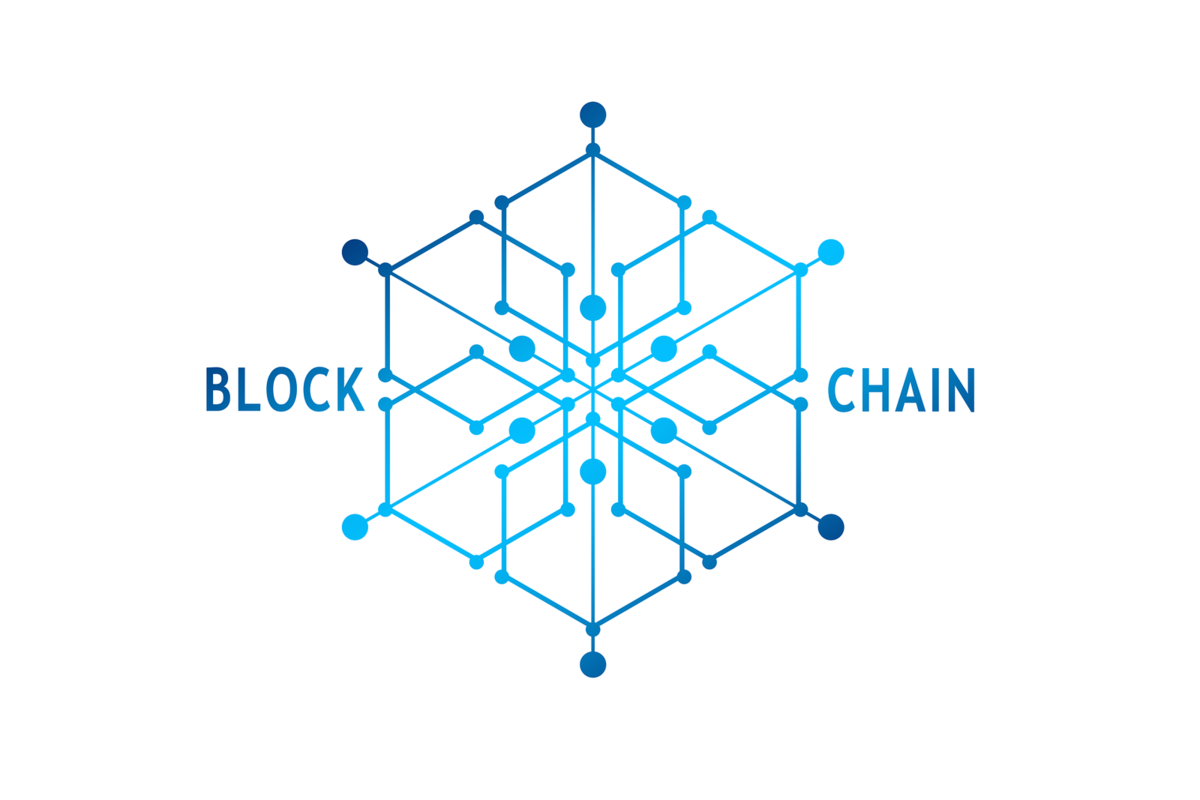To process derivatives, currency trades, transactions, etc. Just don’t call it cryptocurrency. It’s a “digital currency.”

As a general rule, most bankers disparage cryptocurrencies, like Bitcoin, as anything but purely speculative instruments. But they don’t disparage blockchain, the technology that underpins cryptocurrencies. On the contrary. They’re pouring money into developing their own “digital currencies,” as they call them. Just don’t call them “cryptocurrencies.”
UBS, BNY Mellon, Deutsche Bank, Santander, the market operator ICAP, and the startup Clearmatics formed an alliance in 2016 to explore the use of digital currency between financial institutions and central banks, using blockchain.
The ultimate goal of the project is to create a digital currency known as Utility Settlement Coin (USC), which will facilitate payment and settlement for institutional financial markets. As the FT reported in October, commercial banks are growing tired of waiting for central bankers to take the lead in fending off the challenge that standalone cryptocurrencies such as bitcoin could pose to their control of monetary policy, and are pressing on with their own pet projects.
According to Deutsche Bank’s website, USC is “an asset-backed digital cash instrument implemented on distributed ledger technology for use within global institutional financial markets.” It consists of a “series of cash assets, with a version for each of the major currencies (USD, EUR, GBP, CHF, etc.) and is convertible at parity with a bank deposit in the corresponding currency.”
It’s easy to see the attraction blockchain holds for big banks like Deutsche, UBS and Santander: Combining shared databases and cryptography, the technology offers multiple parties simultaneous access to a constantly updated digital ledger that cannot be altered. With it, banks could offer a safer, faster, cheaper, more transparent service to their customers, while doing away with the need for a central operator.
Settlements could be executed almost instantaneously on a bank-by-bank basis rather than having to be netted at the end of each working day by the respective central bank. The subsequent cost savings could be huge.
“Recent discussion of digital currencies by central banks and regulators has confirmed their potential significance. The USC is an essential step towards a future financial market on distributed ledger technologies,” commented Julio Faura, Head of R&D at Santander.
Like Santander, Spain’s second biggest bank, BBVA, has been pouring funds of its own into blockchain technology. In April, it announced that it had conducted its first ever international money transfer pilot based on San Francisco-based Ripple, a “gross” settlement system in which the payment orders are processed and settled one by one (without compensation) and in real time (continuously). The bank said it had managed to execute payments between Spain and Mexico in a matter of seconds compared to the standard four-day period.
There are also big opportunities in clearing and settlement. At the beginning of this year, the Depository Trust and Clearing Corporation (DTCC), the world’s largest financial services corporation dealing in post trade transactions, announced that it intended to shift post-trade clearing of single-name credit default swaps on to a blockchain system by the end of next year. It picked IBM to head up the project. If the project is a success, the plan is to do the same with other derivatives processed by the giant US clearing house.
But perhaps the biggest area of interest for commercial banks is in the field of customer and counterparty identification and verification. Banks, largely at the behest of government, have been trying for years to set up a shared digital utility to record customers’ identities and keep them updated, but with limited success. Now, the blockchain could offer a solution because of its cryptographic protection and its ability to share a constantly updated record with many parties.
“We think identity could be big,” says Mr Whitehouse at Accenture, which recently worked with the UN and Microsoft on a blockchain identity system for people with no identity papers.
In Singapore a consortium comprising a local government body and a number of major banks, including HSBC, Mitsubishi UFJ Financial Group (MUFG) and OCBC Bank, has just completed the ASEAN region’s first-ever proof-of-concept for a “Know Your Customer” (KYC) blockchain. Using distributed ledger technology, the KYC blockchain enables information to be recorded, accessed and shared across a distributed network among participating banks.
In essence, banks will be able to register, validate and share customer information – presumably with the customer’s consent – in an efficient, secure and instantaneous manner. In other words, in the mother of all ironies, a technology that has so far been geared at guaranteeing anonymity in transactions, or at least has been marketed on that basis, could soon be used by banks to keep much closer track of, and share data on identities, money flows, transactions, and spending habits.
Source Nexus Newsfeed by Don Quijones editor WOLF STREET

/image%2F1152236%2F20191031%2Fob_cdc6f8_hans-peter.jpg)